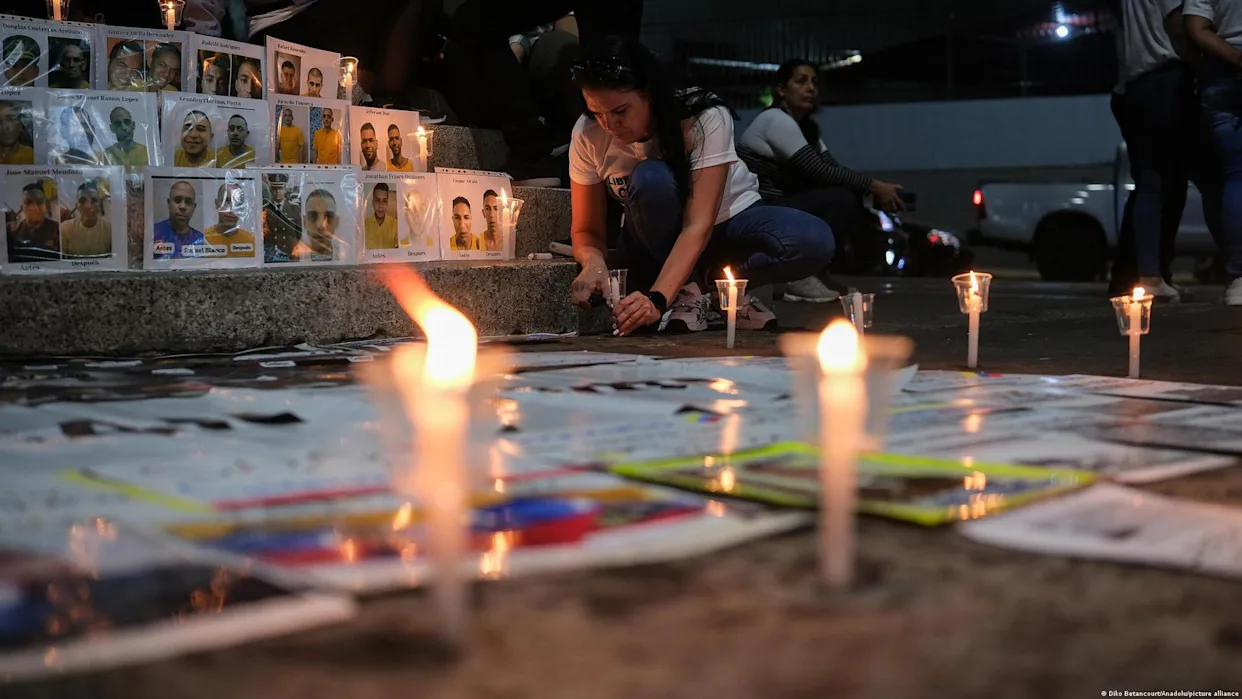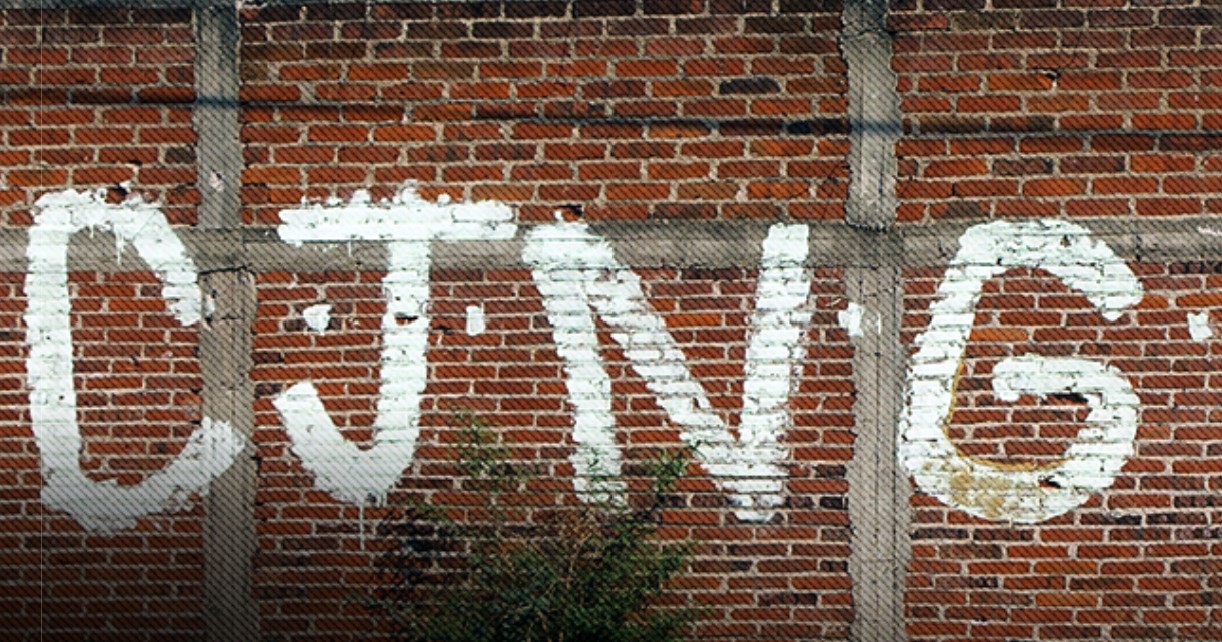
Timor‑Leste: Female Journalist Detained, Camera Seized as Authorities Crack Down on Public-Interest Reporting
September 17, 2024
Georgia: Exiled Belarusian journalist and Armenian journalist denied entry without explanation
September 18, 2024September 18, 2024 – El Salvador –
Between March and May 2024, the Association of Journalists of El Salvador (APES) documented 50 attacks against journalists, revealing a disturbing increase in both digital and physical aggression. These findings were released in APES’ first quarterly report on press attacks, alongside its Digital Listening Report for the first half of 2024.
Journalists are being targeted through online harassment, legal threats, censorship, and stigmatizing public statements. The digital space, especially platforms like X (formerly Twitter) and YouTube, has become a major battleground. Attacks range from smear campaigns and defamation to coordinated trolling and direct threats. Public officials and anonymous users alike are among the main perpetrators.
A striking concern is the disproportionate impact on women journalists, who make up 40% of those affected. The report highlights how gender-based digital violence goes beyond professional criticism, invading women’s personal lives, bodies, and reputations. Many face misogynistic abuse that seeks to silence and intimidate them.
The International Federation of Journalists (IFJ), which represents over 600,000 journalists worldwide, echoed APES’ call to end the culture of impunity. Both organizations warn that unless these attacks are investigated and prosecuted, digital violence will continue to escalate and embolden aggressors.
In addition to cyber harassment, the APES monitoring center also documented physical threats, intimidation, arbitrary detentions, and frivolous lawsuits—all of which undermine press freedom and the right to report freely. These forms of aggression damage democratic values by discouraging independent journalism and silencing dissenting voices.
The Digital Listening Report offers a detailed breakdown of how these attacks are carried out and by whom. It warns that the digital harassment many journalists face often spills into real-world consequences, increasing the risk of physical violence.
In response, APES is calling for urgent protection mechanisms for journalists, especially women, and demands that the Salvadoran government take decisive action to prosecute those responsible for these violations. Without real accountability, El Salvador risks becoming a hostile environment where truth-telling becomes a dangerous act.
This growing trend threatens not only journalists but also the public’s right to be informed. The message is clear: protecting journalism is protecting democracy.
Reference –
El Salvador: attacks on journalists are on the rise in the digital world – IFJ




